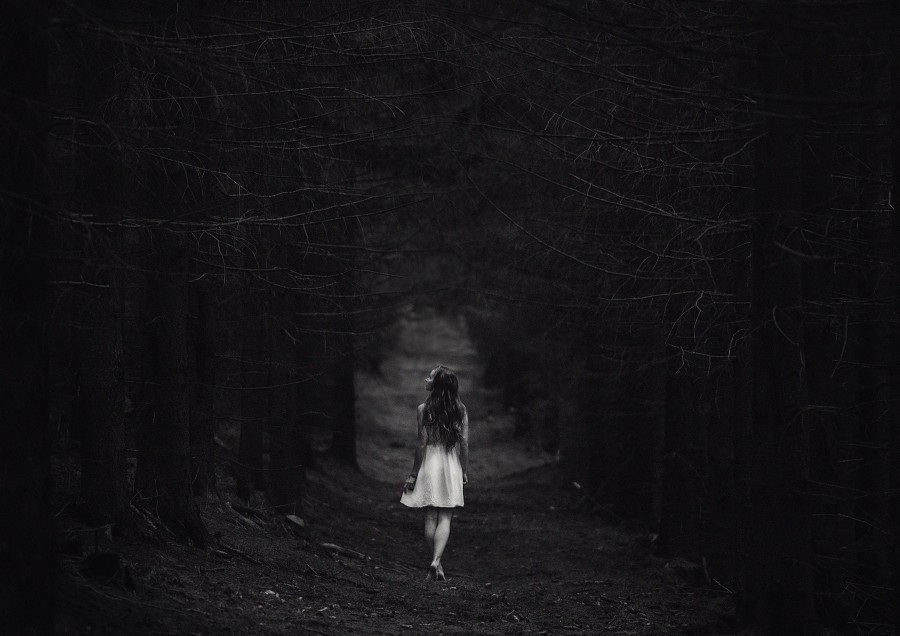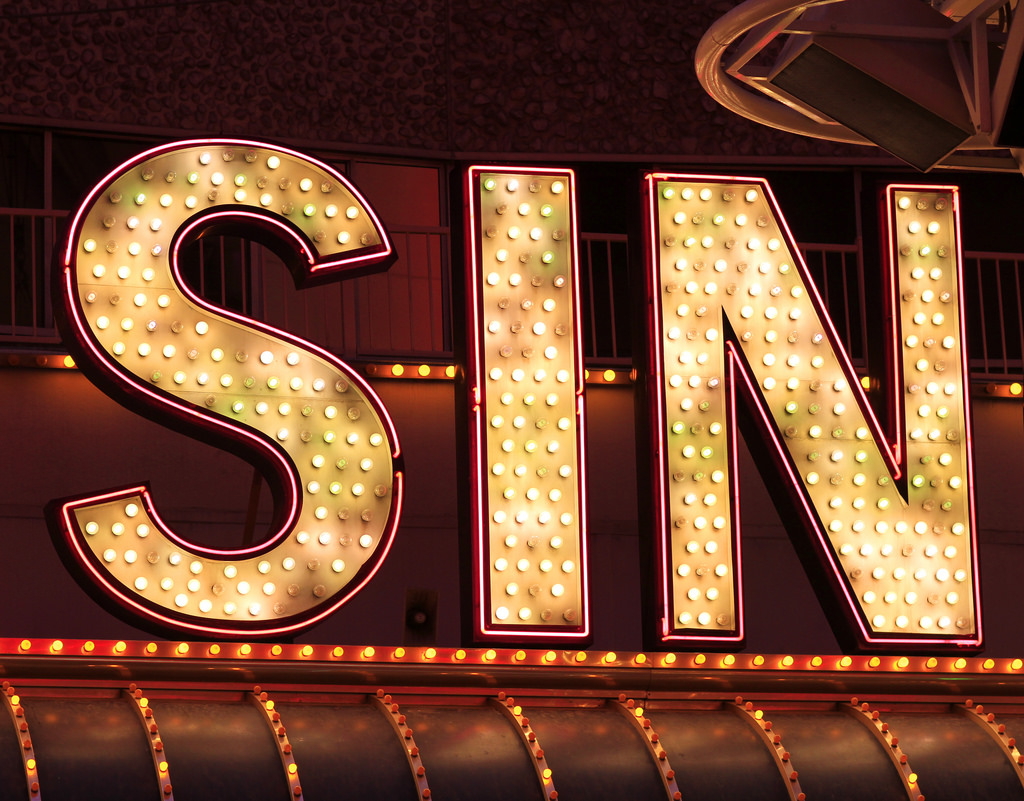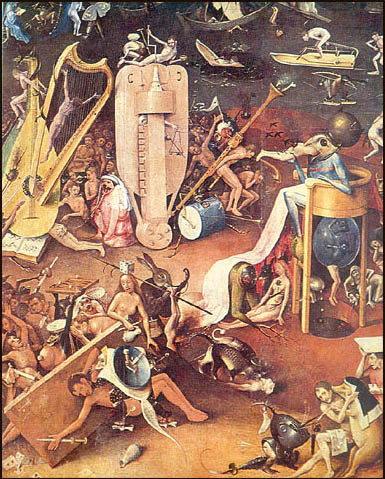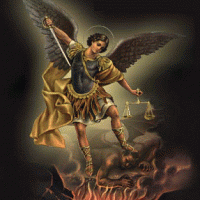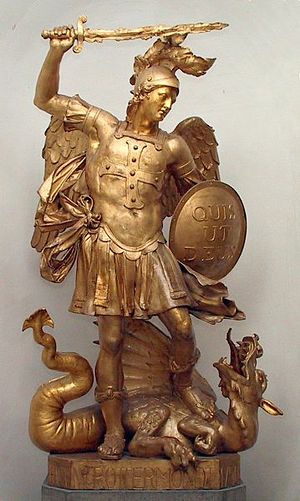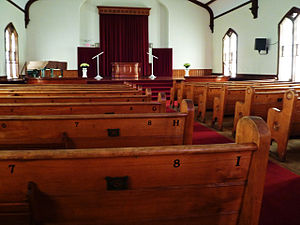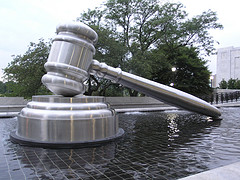Imagine you’re a pilot flying alone on a completely dark night with no instrumentation. Envision how hard it would be to know your altitude, your level, and whether or not you’re about to crash into something. In total darkness, with no visibility and landmarks for reference, there is a good chance the airplane will crash and burn.
Keep that airplane analogy in mind as you read this article about the Glamor of Evil by Dr. Gregory Popcak. We all know about how we should avoid committing sin. That’s Catholicism 101; easy stuff. But you can also be seduced by sin without actively participating in it. He writes:
Evil is glamorous, not only in the sense that it can be hard to resist being drawn into it, but also in the sense that it can be hard to look away from it. If you aren’t careful, it’s tremendously easy to stare at it, and stare at it, and stare at it, until you can’t see anything else. Until everything good, and godly, and righteous, and beautiful has been drained from view, and all that is left is outrage, and anger, and indignation, and disgust.
Like the pilot alone in the dark, when we fixate on all the evil, darkness, and problems in this world we lose our moral bearings. We can become disoriented in the darkness and start to lose hope, joy, and our faith. We can no longer see the differences between good and evil because we’ve lost our spirital point of reference. Our actions no longer seem to matter because we don’t see any goal or point to them. Does it really matter what I do if everything is falling apart around me?

Dr. Popcak tells us that we can’t let negative thinking completely envelop us. Our faith and relationship with Jesus Christ should act like a shining beacon, even in our darkest hours. The beauty and goodness of our faith can provide all the guidance we need to find strength, peace, and maybe even happiness, even when our world looks nonredeemable.
When Good Things Turn Us Bad
I’m going to go one step further. It’s not just evil that can completely block us from whatever is good and godly. Neutral activities can also do the same. Consider social media and the 24/7 cable news cycle. On their own, there’s nothing sinful about them. They allow us to stay updated on recent events and connect with each other. But for many of us, these seemingly harmless pastimes can consume 100% of our attention leaving room for nothing else. And when your world is completely consumed by Twitter, Facebook, Fox News, and MSNBC, you can stop seeing the genuine good in the world. You will either see a carefully curated goodness that isn’t real or you will just see everything as bad and hopeless and fall into despair.
As we enter the season of Advent and Christmas, it’s important to not allow ouselves to fixate on what is ultimately unimportant. I know we want to buy presents, decorate our homes, and participate in all the other traditions associated with Christmas. But we can’t let the commercial side of Christmas blind us to the true meaning behind it. Because when you obsess over what to buy and what you want to receive, you leave yourself open to the sins of greed, envy, and even wrath. Want an example? Look no further than the annual chaos around Black Friday and how people lose their moral bearings fighting over TVs and toasters.

The Rosary Connection
Look at the Fourth Luminous Mystery, The Transfiguration. I’m talking about darkness and the light in this article. Well, in this mystery you see Jesus’ clothes literally become dazzling white (Mark 9:3). And that, of course, got the apostles’ attention. When you meditate on this Rosary mystery, ask yourself, is Jesus a dazzling beacon of love, hope, and goodness in your life? Does He shine brighter through the darkness keeping you morally oriented toward His teachings? If not, maybe you need to turn around or take off your blindfold. Jesus is always present in our lives. If you don’t see that “light” in the darkness, ask Mary for guidance when you pray the Fourth Glorious Mystery, Her Assumption. She wants nothing more than to guide you through the darkness to Her son.
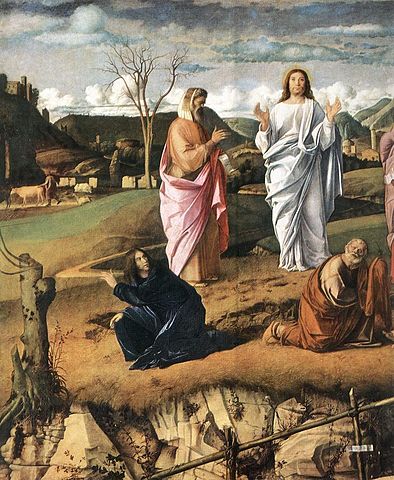
Also, when you pray the Third Joyful Mystery, think of the wise men traveling through the desert to pay homage to Jesus. They would have been wondering around aimlessly and hopelessly if it weren’t for a star to guide them. Again, you have a point of light, a referrence point, which guided the three wise men to Jesus. Are you following the signs in your life which lead you to Jesus?

